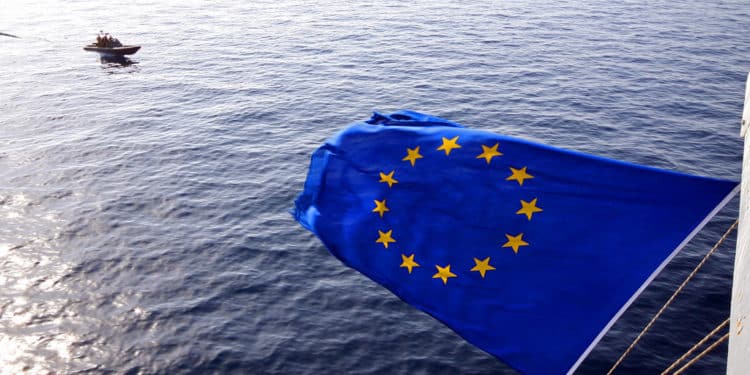Less than a month after it was launched, a broad-based campaign to strengthen whistleblower rights in Europe already has produced many meaningful results.
Policy-makers have expressed their gratitude for receiving assistance on how to incorporate the new European Union Directive on whistleblower protection into their national laws. A memorandum of best practices by the international whistleblower law firm Kohn, Kohn & Colapinto has been shared with key public officials in Belgium, Bulgaria, Croatia, Denmark, Finland, Ireland, Latvia and Slovenia. The paper and other resources will be shared with officials in all 27 EU countries in the coming weeks.
Passed last October, the Directive requires all EU countries to enact strong whistleblower protections by December 2021. After many years of resistance, EU officials finally acquiesced to citizens and activists who demanded stronger whistleblower rights in the face of brutal retaliation cases across Europe. In Germany alone, all nine whistleblowers whose cases went public in recent years have suffered serious reprisals – including prosecution, poisoning, police raids, dismissal, harassment, treason accusations and slander.
Many of the activists who pushed EU officials to pass the Directive have joined the campaign to ensure it is properly translated into national laws. The campaign also is enlisting members of the European Parliament, as well as journalism, anti-corruption and human rights groups. The response has been overwhelming, with many NGOs and activists pledging to promote the campaign among their partners and members.
At least half of EU countries have begun formal discussions to comply with the Directive: Belgium, Bulgaria, Finland and Greece have set up government working groups, and draft laws are being developed in Czech Republic, Italy, Latvia, the Netherlands, Slovenia and Spain.
These are very encouraging signs. As it now stands, more than half of EU countries lack a comprehensive law to protect public- and private-sector employees from retaliation. Shockingly, 13 countries – including the likes of Austria, Denmark, Germany and Spain – have no whistleblower protections whatsoever. Meanwhile, cases of whistleblower retaliation have been documented in nearly every EU country.
Along with Kohn, Kohn & Colapinto, the campaign is being co-led by three international NGOs – the National Whistleblower Center, Whistleblowing International, and the European Center for Whistleblower Rights. The European Center is the only independent pan-European organization that provides direct support to whistleblowers, investigates cases and advocates for stronger whistleblower rights.
Beyond the Directive, the groups are calling on EU countries to establish whistleblower reward systems to incentivize high-quality tips in order to successfully combat financial frauds, money laundering, foreign bribery, ocean pollution, tax evasion and other crimes.




